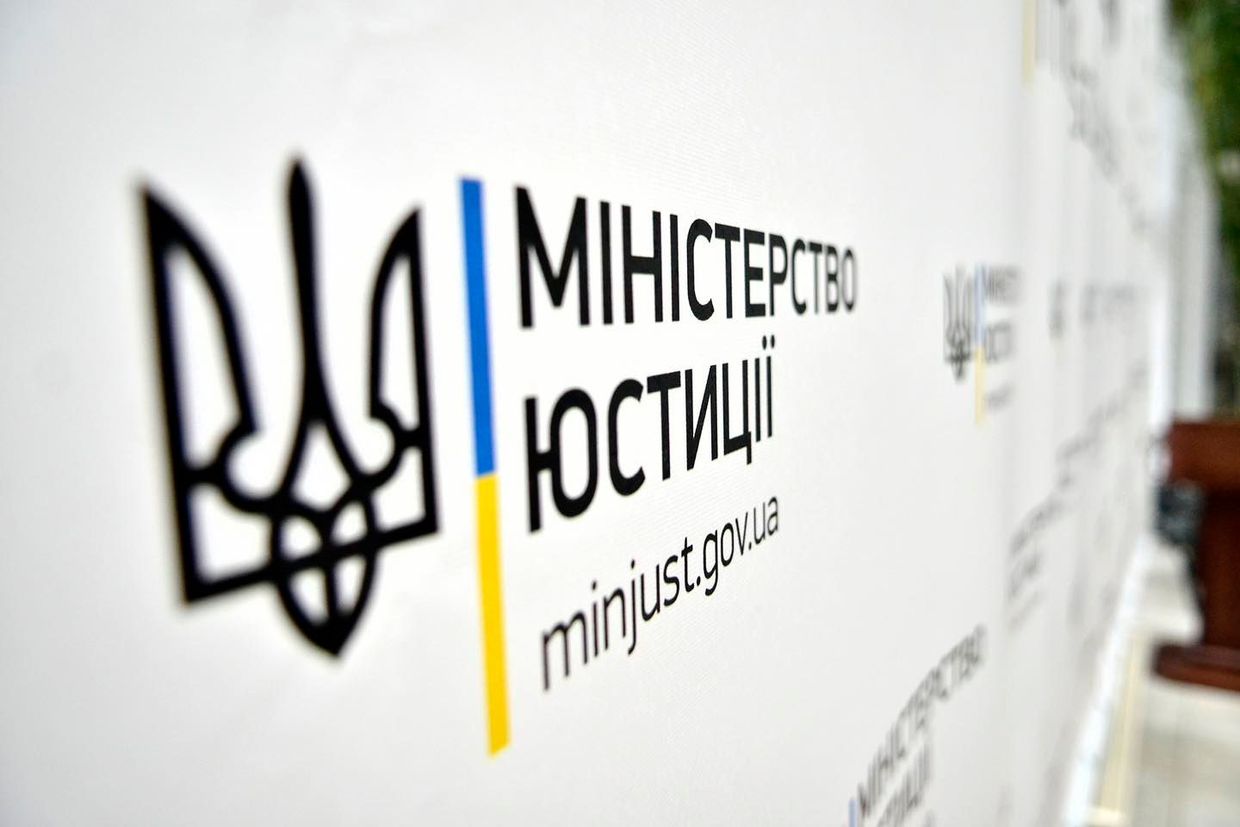YouTube traffic in Russia drops 80% as authorities try to curb access

Russia’s efforts to curb YouTube access appear to be taking effect, as traffic to the platform has plummeted to 20% of normal levels, the Moscow Times reported on Dec. 23, citing experts.
The ongoing slowdown, reportedly implemented by Russian regulators to restrict access to the service, has made the platform nearly unusable in the country.
Russia's communications regulator, Roskomnadzor, began throttling YouTube speeds in July, initially blaming technical issues caused by wear and tear on Google’s servers.
Google dismissed the claim, while Russian lawmaker Alexander Khinshtein later confirmed the slowdowns were intentional.
Khinshtein, head of the State Duma's Information Policy Committee, said the measure targets YouTube’s administration for allegedly ignoring Russian legislation.
By September, YouTube's loading speeds in Russia had dropped significantly, with the average video start time for fixed networks increasing nearly tenfold, from 1.21 seconds in June to 11.01 seconds, the Moscow Times claims.
In December, operators extended the slowdowns to the mobile version of the platform, further hindering access.
During his annual press conference on Dec. 19, Russian President Vladimir Putin defended the restrictions, claiming that YouTube's declining performance was the result of the platform’s own actions.
He argued that Roskomnadzor’s complaints against YouTube were justified, insisting the platform must adhere to Russian laws to operate effectively in the country.
The move follows escalating tensions between Google and Russian authorities. In April, a Moscow court upheld nearly $50 million in fines against Google for refusing to remove content deemed by Russia as discrediting its military and promoting extremism.
On Oct. 29, a Russian court fined the tech giant $2.5 decillion for allegedly blocking pro-Kremlin propaganda on YouTube.
A 100,000-ruble fine (now $960) was originally imposed in 2020, and under Russian law, the penalty has been multiplied weekly.












